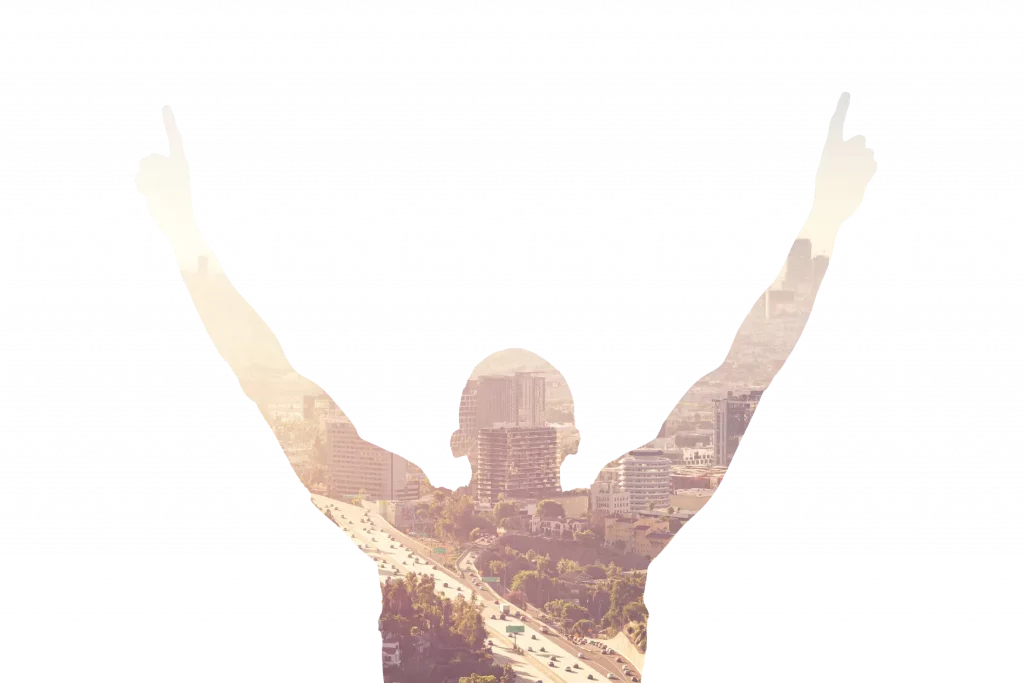AT WHITE HOUSE RECOVERY & DETOX
The National Institute of Mental Health reports that around 2.8% of adults in America experienced bipolar disorder within the last twelve months. Bipolar disorders are common co-occurring conditions with substance use disorders (SUD). A 2007 review of the literature concluded, “research has consistently shown that patients with bipolar I and II disorder have an extremely high rate of co-occurring SUDs.
In order to combat these high rates of SUD in individuals with bipolar disorder, we provide bipolar treatment in Los Angeles for those struggling with this co-occurring disorder.
Bipolar disorder is sometimes referred to as manic-depressive disorder. Among the variations of bipolar symptoms, shared characteristics include extreme mood swings corresponding with changes in energy and activity levels. These mood swings shift from episodes of mania (high levels of energy and elation) to depression (lethargy and sadness). Often this disorder interferes with a person’s ability to function in their day-to-day life. The three types of bipolar disorder are:
Mania and hypomania are both severe risk factors for developing substance use disorders. The Substance Abuse and Mental Health Services Administration (SAMHSA) reports that between 30-50% of people diagnosed with bipolar 1 and 2 disorders will develop SUD. According to their research, no other mental health disorder has a higher rate of comorbidity with substance use disorders.
Bipolar disorder might be severely underdiagnosed because people often only go to a doctor for help with depressive episodes. Therefore, doctors might not discover the pattern of manic and depressive episodes that could lead to a proper diagnosis. SUD can make reaching a diagnosis more challenging.
Any bipolar disorder could cause several common complications. For example, bipolar disorder will increase the risk of developing the following:
Another serious complication is the changes that take place with untreated bipolar disorder. When left untreated by medication or therapy, manic and depressive episodes have a higher chance of lengthening over time. Depressive episodes can increase to six-month increments when left to worsen, with manic episodes stretching for up to four months per year.
Bipolar disorders are often underdiagnosed, which means many people do not realize that they may be living with one of them. Below are some of the signs and symptoms of bipolar disorder, including features of all three types. As is the case with most mental health disorders, bipolar exists along a spectrum; you may notice some or all of the following to varying degrees:
A few of the risk factors known to play a role in the development of bipolar disorder include the following:
Doctors and therapists often treat bipolar with a combination of psychotherapy and prescription medication. You can recover from your addiction and find peace of mind by using programs designed to help you regain control. Some therapies that have been beneficial for individuals with bipolar disorders are listed below:
Usually, you will use one of those forms of therapy alongside one or more prescriptions. Medications often used to treat the symptoms and chemical changes caused by bipolar disorder include:
DON’T WAIT TO MAKE THE MOST IMPORTANT CALL OF YOUR LIFE
Bipolar disorders are known to be a risk factor for developing substance use disorders. At the same time, substance use can trigger bipolar disorder in some individuals with other characteristics that predispose them to develop the condition. The manic and depressive episodes characterized by bipolar disorder can be devastating to recovery and impact your quality of life. Treatment for substance use disorders must include complementary treatment and therapy for those who have a dual diagnosis. White House Recovery and Detox has experienced staff who can easily accommodate the treatment for both disorders simultaneously. A trained care team can help you learn coping skills that will minimize the impact of bipolar with bipolar disorder treatment in Los Angeles.


Copyright 2022. White House Recovery and Detox LLC. All rights reserved. | HIPAA Privacy Policy

Holistic Treatment